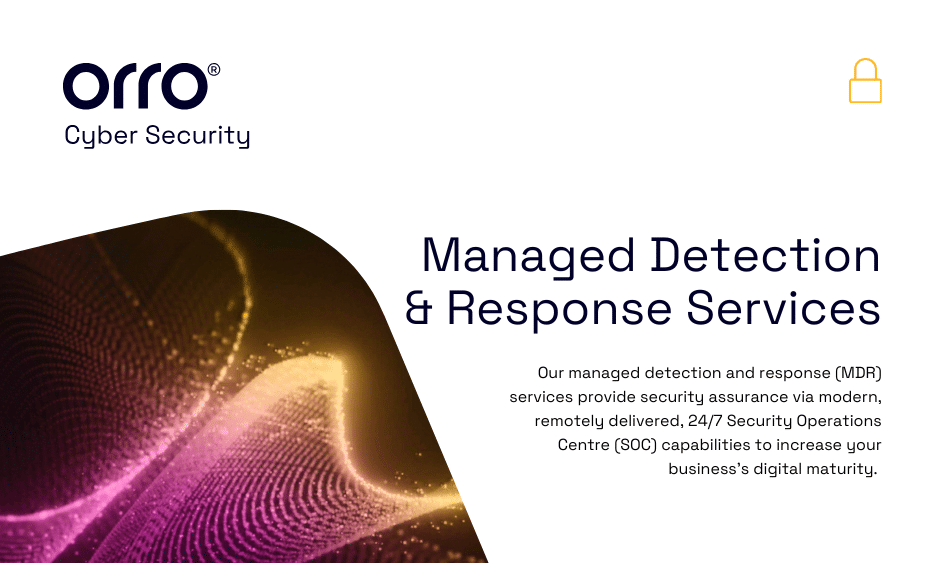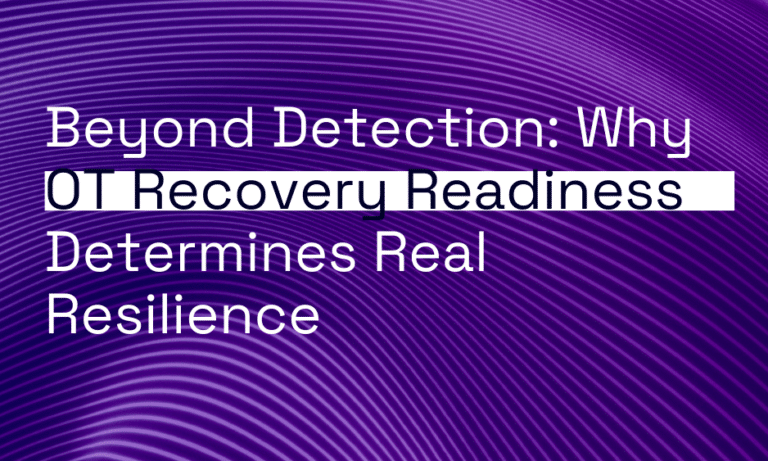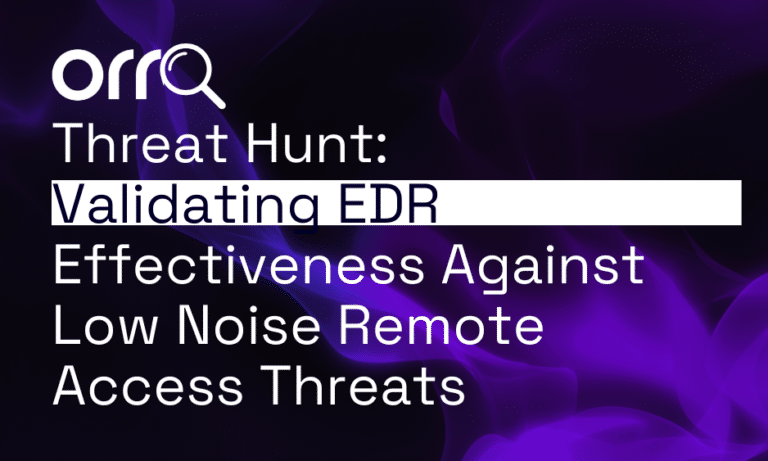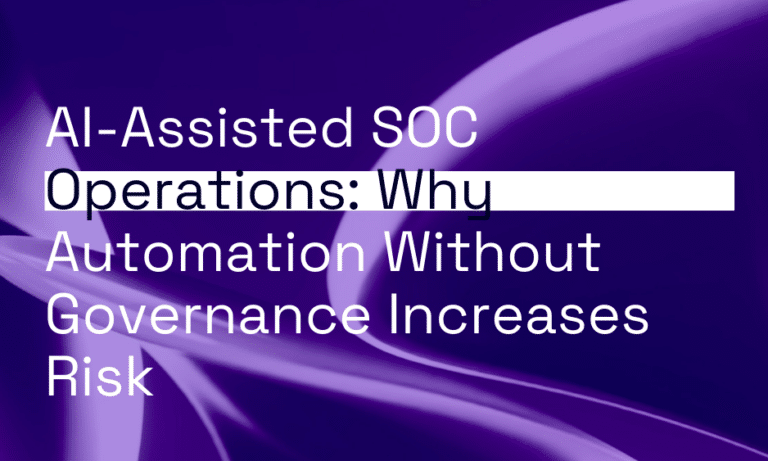While many companies have already put a cyber security strategy in place, many others haven’t even considered it. More concerning than not having a plan, is the fact that many organisations don’t feel they are at risk of a cyber attack. This means many businesses are both vulnerable, and unprepared to quickly and efficiently deal with one, should it occur.
An effective cyber security plan is primarily about improving the overall cyber resilience of an organisation. Just like any other process, a cyber security strategy outlines actions that need to be taken, and who is responsible at each stage to both improve security and manage a breach. It provides a roadmap for maintaining cyber security in a rapidly changing digital environment.
The most effective cyber security plans are aligned to the organisation as a whole, reflecting the overall strategic business goals to ensure security and the ability to quickly resume operations should a cyber attack occur.
So, let’s look more closely at the top 5 reasons your organisation needs a robust and comprehensive cyber security strategy.
1. Prevent expensive disruption to business
Certainly, the most important reason all businesses need a cyber security plan is to minimise the costs of having to shut down while the cyber attack is resolved. We all know prevention is critical, but with a sharp increase in the rate and sophistication of cyber attacks, having a solid plan for getting back to business quickly, is just as important.
A successful cyber attack can send a business offline for days while systems and data are restored. Where ransomware is used, the timeframes can be even longer. Not only does it cost a considerable amount of money to restore systems, there’s also the lost revenue from not being able to provide products and services to customers.
2. Help stop cyber attacks before they occur
Preventing cyber attacks is the overall objective of any cyber security strategy. But we know that no plan is perfect, and the threat of cyber-attack increases every year. That’s why having a plan is essential for any business.
The key to stopping cyber attacks before they occur is all about understanding risk. What are the critical access points, assets and data that are vulnerable? An effective cyber security plan will review all of these to pinpoint the risks and weaknesses of each one. From there, organisations can establish the systems, policies and training required to strengthen cyber security across the board. This will significantly reduce your organisation’s risk of a cyber attack occurring.
3. Ensure everyone understands that cyber security is a shared responsibility
Cyber security is no longer an issue that can be managed solely by IT teams. Across the organisation, everyone needs to understand how their actions impact security and can lead to cyber security breaches. Whether this is understanding how to keep passwords and laptops secure or learning to spot phishing emails and other scams designed to gain access to secure systems, data, and finances.
A cyber security strategy can identify the risks and response required to maintain a high level of cyber awareness and security across the organisation. This also includes understanding what steps to take immediately should a cyber security breach occur.
4. Meet compliance standards
As the number of cyber attacks, particularly high-profile attacks grows, legislators and regulators are introducing more standards and regulations to ensure that organisations are prepared and fully compliant when it comes to cyber security.
At its most basic level, this involves organisations having an up-to-date plan that addresses any weaknesses or risks and outlines the steps that will be taken should a cyber attack occur. This includes notifying customers in a timely manner and remaining transparent about the breach and organisation’s response. Not only does this ensure businesses maintain rigorous cyber security standards, but it helps to build trust amongst consumers.
In Australia, the SOCI Act requires critical infrastructure organisations to report all cyber security incidents and to adopt and maintain a risk management program that is regularly reviewed and updated.
5. Protect your brand’s reputation
The recent high-profile cyber attacks of Medibank and Optus have shown just how damaging a cyber security incident can be, far beyond the cost of resolving the immediate threat.
Many customers caught up in these data breaches were quick to switch providers, having lost confidence in both the security of their personal data and the response from the organisations involved over the weeks that followed.
Resolving a cyber attack not only carries a large upfront cost to restore systems and data, but there’s also the considerable cost of lost business and even higher ongoing cost of customers switching suppliers, or never becoming a customer due to lack of trust.
We lock up our homes, cars and businesses, but for many organisations, their critical systems and data are left far more vulnerable to cyber attack. A cyber security strategy is the first step to securing these critical assets and reducing the risk to your business’s reputation and bottom line. With a robust plan in place, your organisation will be well positioned to prevent a cyber attack from occurring, and if a breach does occur, each team will know exactly what is required of them to get back to business quickly.
What we’re really saying is, you don’t just need a cyber security strategy, you need to implement it.
It takes a robust cyber defence to manage emerging threats within enterprise and industrial digital environments. Orro + RIOT can help your organisation prepare and implement a comprehensive cyber security strategy that will identify risks and help you remain compliant and safe.
Find out more at https://orrogroup.wpengine.com/services/cyber-security









